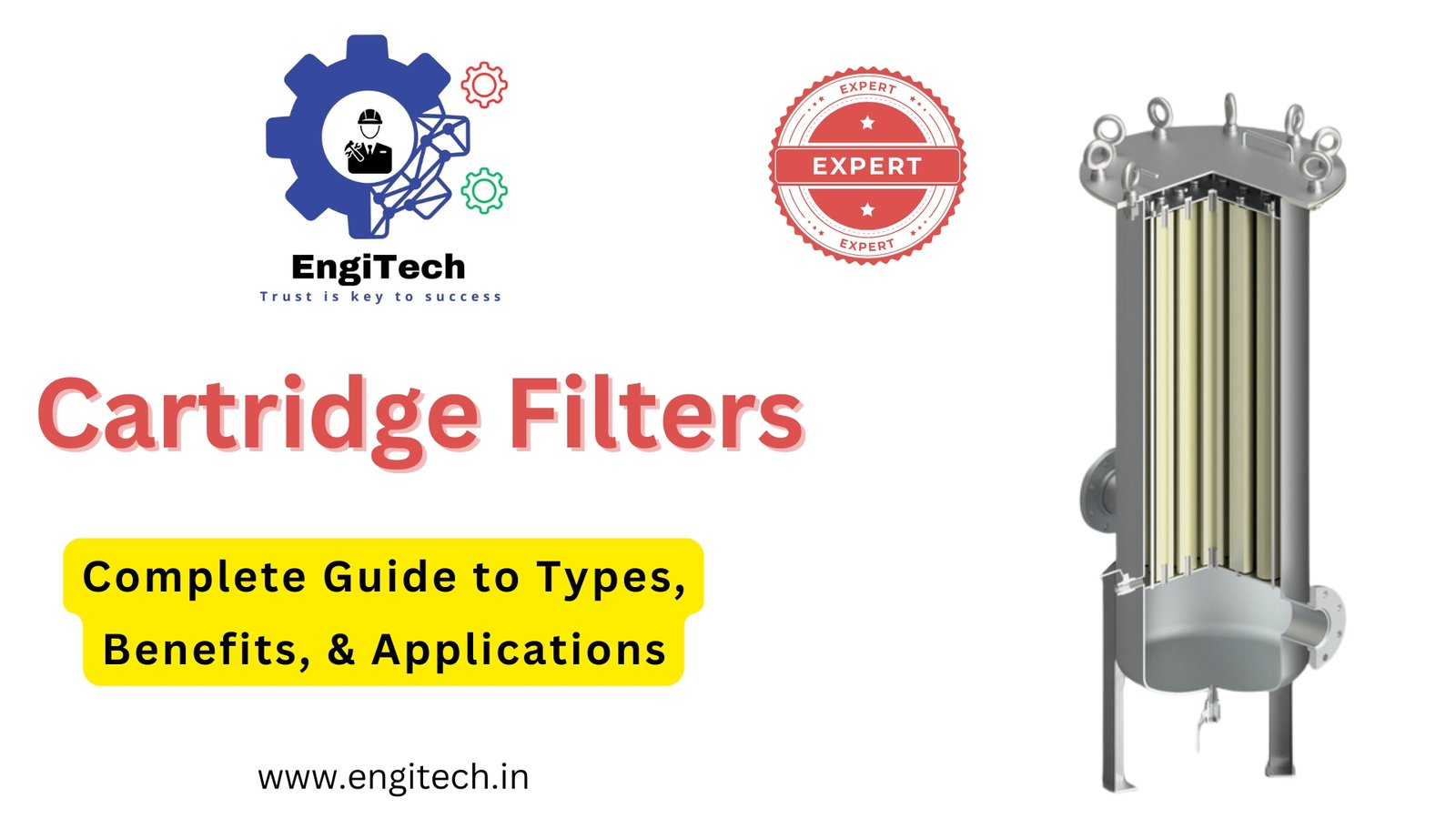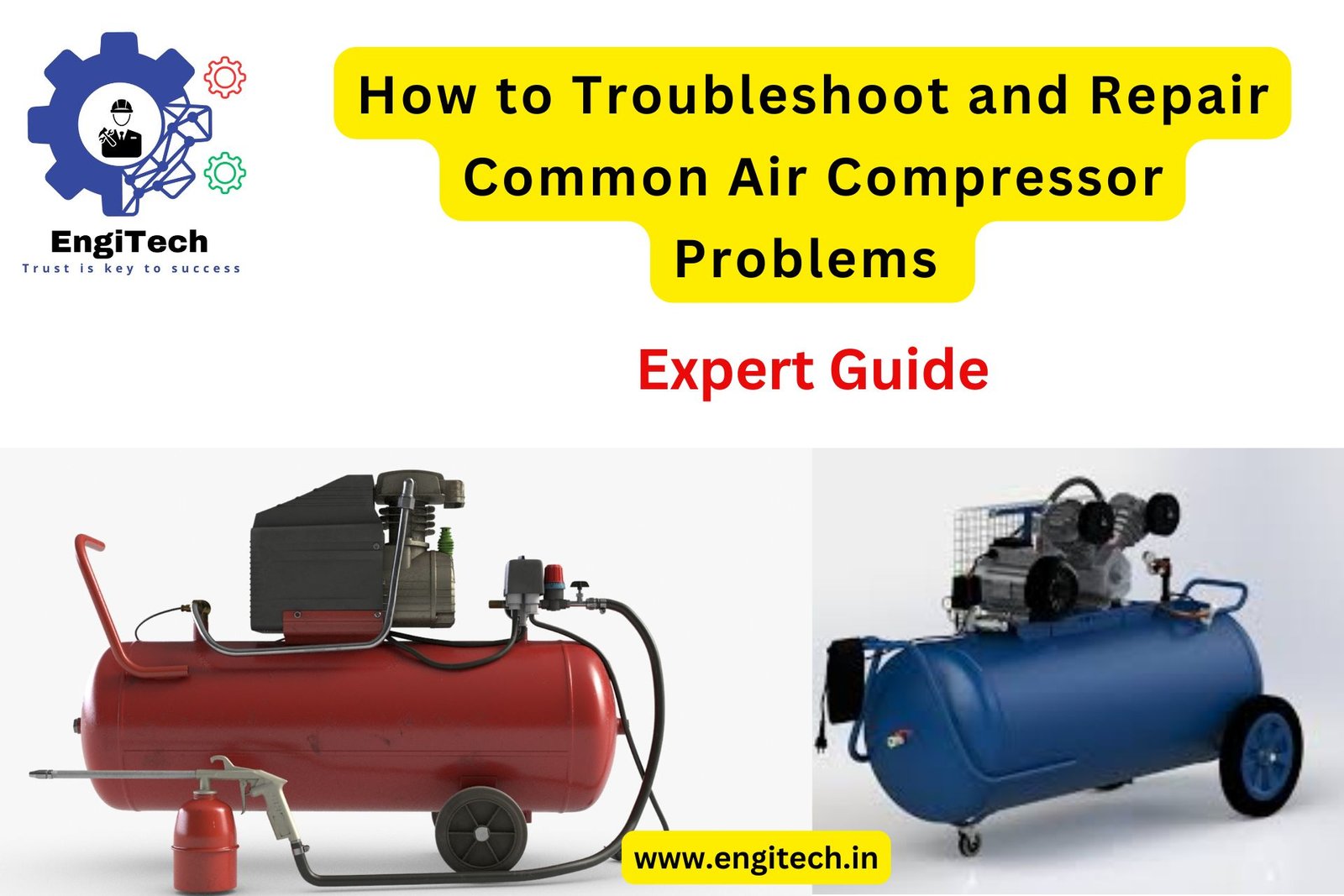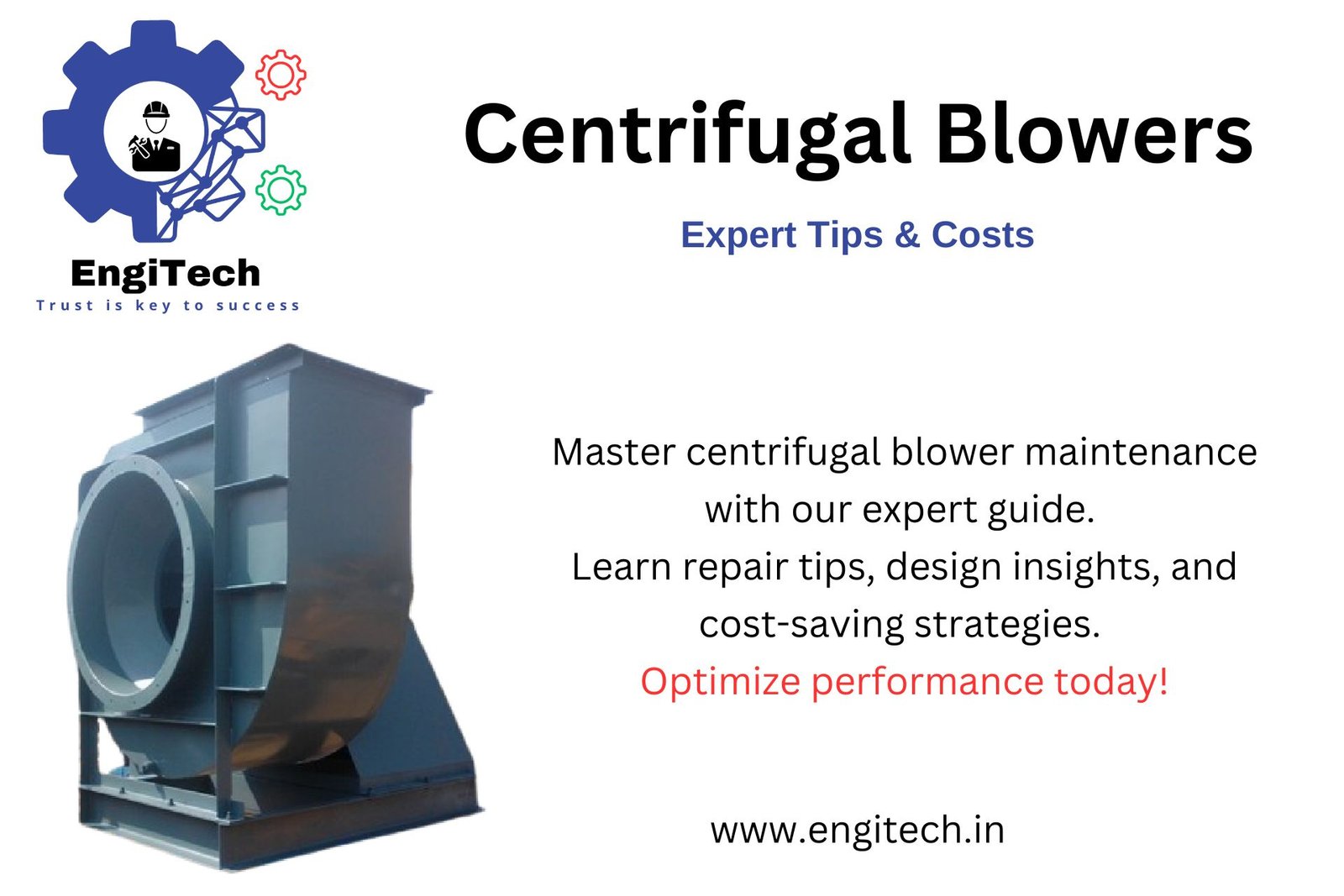Cartridge Filters: The Ultimate Guide to Understanding, Choosing, and Using Cartridge Filters in Industrial Applications

Cartridge filters are one of the most efficient and commonly used filtration technologies in various industries. They are widely recognized for their ability to remove impurities from fluids, whether it’s air, water, oil, or gas, providing cleaner and safer outputs. In this comprehensive guide, we’ll dive deep into everything you need to know about cartridge filters, from their functionality and types to the benefits they offer across different sectors.
If you’re looking for an all-in-one resource to understand how cartridge filters work, how to choose the right filter for your needs, and why they are so critical in industrial applications, you’ve come to the right place. Our goal is to help you make informed decisions that enhance your process efficiency and product quality.
Table of Contents
What Are Cartridge Filters?
Cartridge filters are cylindrical filtration devices designed to remove particulate matter from liquids and gases. They are used in a broad range of industries, including chemical processing, water treatment, pharmaceuticals, food and beverage, and oil and gas. The primary function of these filters is to separate solids from fluids, ensuring that the output is free from unwanted contaminants.
Cartridge filters typically consist of a porous filtration medium housed within a sturdy outer casing. This filter medium captures unwanted particles, allowing only clean fluid to pass through. Their compact design and ease of replacement make them a cost-effective and efficient option for many industries.
How Do Cartridge Filters Work?
Cartridge filters operate on a principle known as depth filtration or surface filtration, depending on the type of filter used. The filter medium acts as a barrier, capturing contaminants as the fluid passes through it. Cartridge filters are either disposable or reusable, depending on the application and material used.
- Surface Filtration: Filters contaminants on the surface of the filter medium.
- Depth Filtration: Allows contaminants to be captured within the filter medium, providing longer service life and handling higher dirt loads.
Cartridge filters come with various ratings, including absolute and nominal filtration ratings. The absolute rating signifies the maximum size of particles that can pass through the filter, while the nominal rating indicates the general efficiency at capturing particles above a certain size.
Key Benefits of Using Cartridge Filters:
- High Efficiency: Able to capture a broad range of contaminants, providing exceptional filtration.
- Versatile Application: Can be used across multiple industries, including water treatment, oil purification, and chemical processing.
- Easy to Replace: Cartridge filters are user-friendly and can be replaced easily without complicated equipment.
- Cost-Effective: Available in reusable and disposable options, offering flexibility for different budgets and needs.
Types of Cartridge Filters
Choosing the right cartridge filter depends on your specific industrial requirements, such as the type of fluid being filtered and the size of the particles you need to remove. Below are the two main types of cartridge filters:
1. Pleated Filters
Pleated cartridge filters consist of a folded or pleated filter media, allowing for a larger filtration surface area within a compact design. These filters are typically used in applications where fine particle removal is required, such as in pharmaceutical manufacturing or food and beverage processing.
Advantages:
- High filtration efficiency due to increased surface area.
- Longer lifespan compared to non-pleated filters.
- Available in a wide range of materials and micron ratings.
2. Depth Filters
Depth cartridge filters are made from thick, porous media that captures particles throughout the depth of the material. They are ideal for applications where larger amounts of contaminants need to be removed over extended periods, such as in industrial water treatment systems.
Advantages:
- High dirt-holding capacity: Can filter large volumes of fluid without frequent replacement.
- Low initial pressure drop, providing energy efficiency.
- Can handle high flow rates and viscous fluids.
Advantages of Cartridge Filters
Cartridge filters offer several key advantages over other filtration methods, making them a popular choice in industrial applications.
1. Cost-Efficiency
Cartridge filters are generally more affordable than other filtration systems, and their easy replacement process minimizes downtime and labor costs.
2. High Efficiency and Filtration Precision
With a wide range of micron ratings, cartridge filters can be tailored to meet the specific filtration requirements of your application, ensuring optimal performance and contaminant removal.
3. Customization and Versatility
Cartridge filters are available in various sizes, materials, and designs, making them suitable for a wide range of applications, including water purification, air filtration, and oil processing.
4. Ease of Maintenance
Cartridge filters are user-friendly and easy to replace, which reduces the need for complex tools or technical expertise.
5. Compact Design
Their compact and modular design allows for easy integration into existing systems without requiring significant space or infrastructural changes.
Applications of Cartridge Filters in Various Industries
Cartridge filters are versatile tools used across many industries. Here are some of the most common sectors where cartridge filters play a critical role:
1. Water Treatment
Cartridge filters are extensively used in water treatment plants to remove sediment, chlorine, bacteria, and other contaminants from water before it is released for industrial or municipal use.
2. Oil and Gas Industry
In the oil and gas sector, cartridge filters are employed to filter oil and gas streams, removing impurities that could affect the quality and efficiency of the final product.
3. Food and Beverage Industry
These filters are used to purify liquids such as water, juices, and syrups, ensuring the highest levels of cleanliness and compliance with food safety standards.
4. Pharmaceutical and Biotechnology
In the pharmaceutical industry, cartridge filters are used for the sterile filtration of liquids, ensuring the removal of bacteria and particles that could contaminate products.
5. Chemical Processing
Cartridge filters are used to filter out solid contaminants from chemical solutions to maintain product quality and reduce downtime in the manufacturing process.
How to Choose the Right Cartridge Filter
Selecting the right cartridge filter for your application requires an understanding of various factors, including:
1. Fluid Type: Different filters are suited for water, oil, chemicals, or air. Ensure that the filter material is compatible with the fluid you’re filtering.
2. Micron Rating: Choose a filter with the appropriate micron rating based on the size of the particles you need to remove.
3. Flow Rate: Ensure that the filter can handle the flow rate of your system without causing excessive pressure drop.
4. Operating Environment: Consider temperature and pressure conditions to select a durable filter that can withstand the operational environment.
5. Filter Life: Choose a filter with a long service life to reduce maintenance costs and downtime.
Maintenance and Care for Cartridge Filters
Proper maintenance of cartridge filters is crucial to ensure they perform effectively and last longer. Here are some practical tips:
1. Regular Cleaning
For reusable cartridge filters, regular cleaning is essential to remove trapped contaminants and maintain filtration efficiency. Use water or the appropriate cleaning solvent based on the material of the filter.
2. Timely Replacement
Disposable cartridge filters should be replaced at recommended intervals to prevent clogs and inefficiencies in your system.
3. Monitor Pressure Drops
Install a pressure gauge to monitor for significant pressure drops, which indicate that the filter is clogged and needs replacement or cleaning.
4. Inspection and Troubleshooting
Regularly inspect filters for signs of wear, damage, or clogging, and troubleshoot any issues immediately to prevent system failures.
Common Problems and Troubleshooting Tips
Even the best cartridge filters can face issues. Here are some common problems and how to address them:
1. Filter Clogging: Frequent clogs may indicate that the filter is too fine for the application or that fluid contamination levels are too high. Consider using a pre-filter or increasing the micron rating.
2. Pressure Drop: A sudden pressure drop may result from filter clogging. Check and clean or replace the filter to resolve the issue.
3. Bypassing: If contaminants are bypassing the filter, ensure that the filter is installed correctly and that the seals are intact.
FAQs about cartridge filters
- What is a cartridge filter?
- A cartridge filter is a type of filtration device used to remove contaminants from liquids or gases by passing the fluid through a cylindrical filter medium.
- How do cartridge filters work?
- Cartridge filters capture unwanted particles as fluid passes through a porous filtration medium, either by trapping them on the surface (surface filtration) or within the material (depth filtration).
- What are the types of cartridge filters?
- The two main types are pleated cartridge filters and depth cartridge filters, each serving different filtration purposes based on the required particle size and load capacity.
- What industries use cartridge filters?
- Cartridge filters are widely used in industries like water treatment, oil and gas, pharmaceuticals, food and beverage, and chemical processing.
- What are the advantages of cartridge filters?
- Key advantages include cost-efficiency, high filtration precision, easy maintenance, compact design, and versatility across various industrial applications.
- How often should I replace a cartridge filter?
- The frequency of replacement depends on the application, type of filter, and contamination level, but most cartridge filters need replacement when there is a significant pressure drop or reduced filtration efficiency.
- What is the difference between pleated and depth cartridge filters?
- Pleated filters offer more surface area and higher filtration efficiency, while depth filters capture particles throughout their thickness and have a longer lifespan for larger contaminant loads.
- How do I choose the right cartridge filter for my application?
- Consider factors like fluid type, required particle size removal (micron rating), filter material compatibility, and operational conditions such as flow rate and temperature.
- Can cartridge filters be reused?
- Some cartridge filters are designed for reuse, especially in applications with non-hazardous fluids, but many are disposable and should be replaced after use to maintain optimal filtration performance.
- What is the micron rating of a cartridge filter?
- The micron rating refers to the size of particles the filter is designed to capture. Cartridge filters are available in various micron ratings, typically ranging from 0.1 to 100 microns.
- How do I maintain and clean a cartridge filter?
- Regular maintenance includes monitoring pressure differentials, inspecting for damage, and cleaning or replacing the filter as needed. Some filters can be cleaned by backwashing or soaking in appropriate cleaning agents.
- What are common problems with cartridge filters and how do I troubleshoot them?
- Common issues include reduced flow rate, pressure drop, or premature clogging. Troubleshooting involves checking for proper installation, ensuring the correct filter type is used, and replacing or cleaning the filter as needed.
These FAQs are designed to provide clear, concise answers that align with the most frequent queries users have about cartridge filters.
Conclusion
Cartridge filters are indispensable components in various industrial processes, ensuring that fluids are free from contaminants, improving process efficiency, and protecting valuable equipment. By understanding how they work, selecting the right filter, and following best practices for maintenance, you can optimize your filtration system and extend the life of your equipment.
we are committed to providing cutting-edge insights and solutions in the world of industrial mechanical engineering. Specializing in advanced equipment like dryers, blowers, and filtration systems, we offer comprehensive resources for professionals and business owners looking to optimize their processes and drive efficiency. Whether you’re seeking expert knowledge on the latest innovations or practical advice to improve your operations, EngiTech is your go-to source. Stay ahead in the industry with our in-depth guides, expert-driven content, and actionable insights designed to empower you with the tools you need to succeed. Explore EngiTech today and elevate your industrial operations to the next level!


